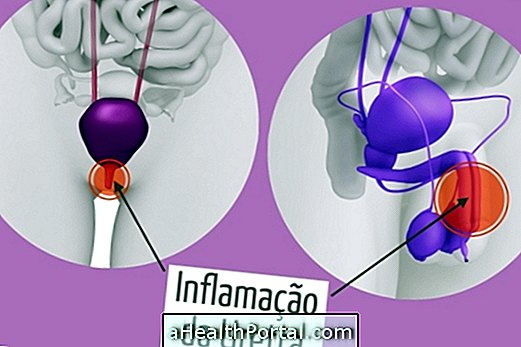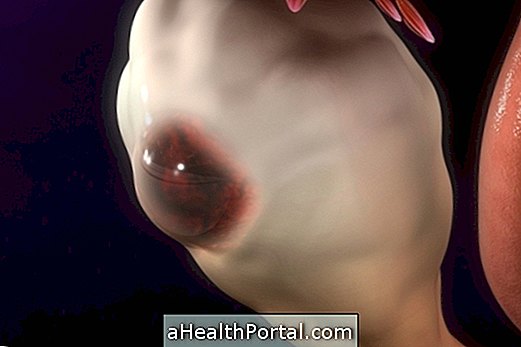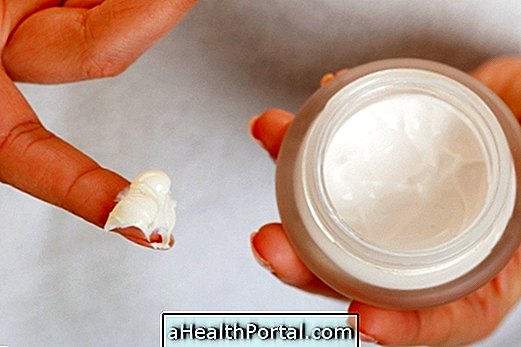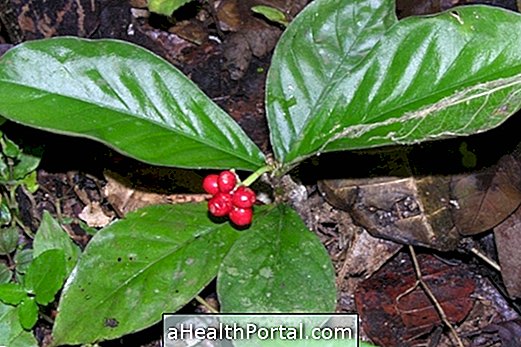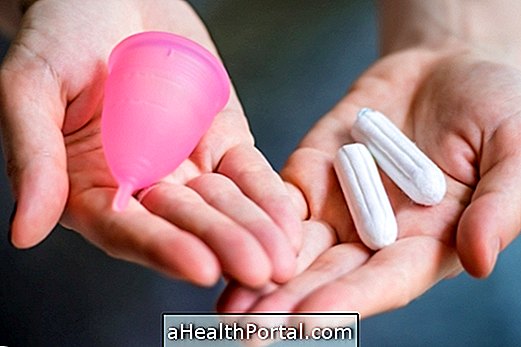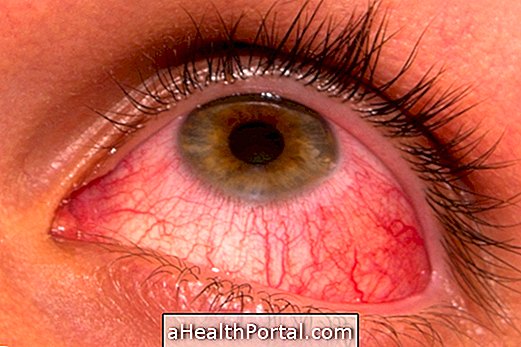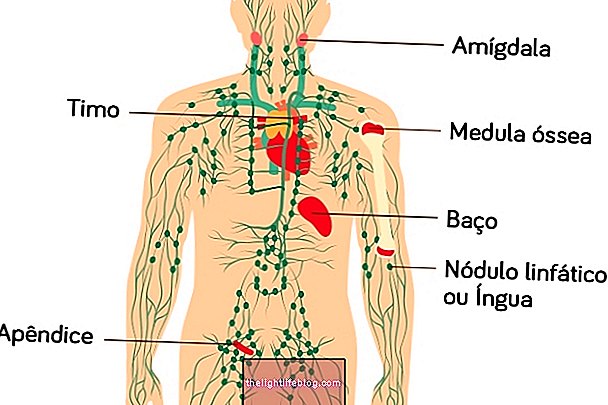The sensation of pain, burning or itching in the vagina can be caused by allergies, rashes or irritation of the skin that arise from reactions to underwear, hygiene products, softeners or creams. They can also indicate an infection, such as candidiasis, vaginosis, trichomoniasis or gonorrhea, for example, especially when accompanied by other symptoms such as discharge or bad smell in the region.
When it arises after the intima relationship, the burning in the vagina can be caused by friction during intimate contact, allergy to the condom or the partner's semen, or it may also indicate a decrease in genitalia lubrication simply because of lack of stimulation for the woman get excited at the time of the relationship, but also due to hormonal or psychological changes.
To differentiate between the causes of burning in the vagina, it is necessary to consult with the gynecologist, who can collect information, examine and perform tests. Treatment is done according to the cause, and may include antibiotics, vaginal ointments, hormone replacement or anti-allergy and anti-inflammatory.
Thus, the causes of burning, itching or pain in the vagina include:

1. Allergies and rashes
Some women may have increased sensitivity to certain products, and develop irritation of the vaginal mucosa. Some of the products that usually cause this type of reaction are absorbent, certain fabrics of the panties, toilet paper, soaps or even the type of softener used to wash clothes, especially the most fragrant. In some cases, even wearing tight clothing is enough to cause irritation in the area.
It is also possible that the burning after intercourse indicates allergy to the condom latex or to the partner's semen, but the woman should be aware of other symptoms such as discharge and bad smell, as it may also indicate the onset of some yeast infection or bacteria.
- What to do : It is necessary to identify and stop the use of substances that cause allergy. The gynecologist may also advise medications that relieve symptoms, such as anti-allergies or anti-inflammatory ointments, for example.
2. Vaginal infection
A very common form of vaginal infection is candidiasis, caused by the overgrowth of the Candida fungus on the vaginal flora, and causes itching, burning, redness that may be more intense before menstruation and after intercourse, in addition to a lumpy white discharge. Check out what the symptoms are and how to treat candidiasis.
Other forms of infection may be bacterial vaginosis, which causes yellowing discharge, foul smell and burning in the vagina, trichomoniasis, which causes abundant discharge, itching and pain in the vaginal region, in addition to other sexually transmitted diseases such as gonorrhea, genital herpes, and chlamydia.
- What to do : You need to seek care from the gynecologist, who will prescribe medications according to the micro-organism that causes the infection, which may include antifungal in the case of candidiasis, or antibiotics in the case of bacterial vaginosis, gonorrhea or chlamydia infection. When there is genital herpes infection, the doctor may prescribe antivirals, such as acyclovir.
3. Hormonal changes
Hormonal changes usually occur during menopause, but can also occur after removal of the ovaries, radiation therapy or use of certain medications, which can make the vagina wall thinner and more sensitive, a condition known as atrophic vaginitis.
These changes in female hormones may also contribute to decreased sexual desire and lubrication of the vagina during intimate contact, also contributing to pain and burning in the region.
- What to do : The gynecologist can guide ways to allow a more comfortable intimate contact, through the use of hormone replacement, lubricants and substitution of medications that can disrupt sexual desire. Also check out some tips to increase sexual desire in women.

4. Vulvodynia
Vulvodynia is an important cause of vaginal burning during intimate contact because it causes uncomfortable symptoms such as pain, irritation, redness or stinging sensation in the genital area, which is chronic and recurrent. Although its causes are not yet fully understood, this disease appears to be caused by pelvic, hormonal, or nerve pathways dysfunctions.
- What to do : after evaluation, the gynecologist will adjust the treatment according to the symptoms of each person, since there is no definitive treatment. Some options include the use of topical drugs such as lidocaine, the use of oral remedies such as estrogen tablets, antidepressants or antiepileptics that relax the muscles, as well as psychotherapy or sexual counseling. Learn more about what vulvodynia is and how to treat it.
5. Verminoses
Infection with the worm oxyurium can cause intense itching in the anal region, and if not treated properly and become intense, may spread to the vaginal region. Also known as enterobiosis, this verminosis is transmissible from one person to another and is more common in children. Know what the symptoms are and how the transmission of oxyuriasis occurs.
- What to do : The treatment for oxyuriasis is done with vermiform medicines like Pirantel Pamoate, Albendazole or Mebendazole, used in a single dose to eliminate worms and eggs that infect the body.
6. Skin diseases
There are dermatological diseases that can affect the mucous membranes of the body, such as mouth and vagina, causing injury and burning. Some of them include lichen planus or lichen simplex, pemphigus or erythema multiforme, for example.
- What to do : The treatment of these dermatological diseases should be guided by the dermatologist, which includes the use of corticosteroids, anti-inflammatory ointments or phototherapy, for example.

